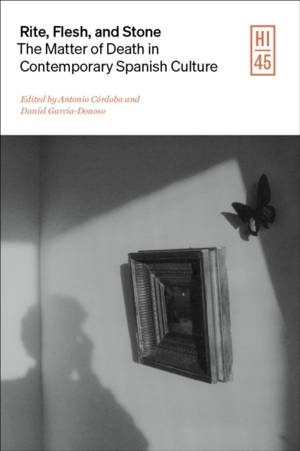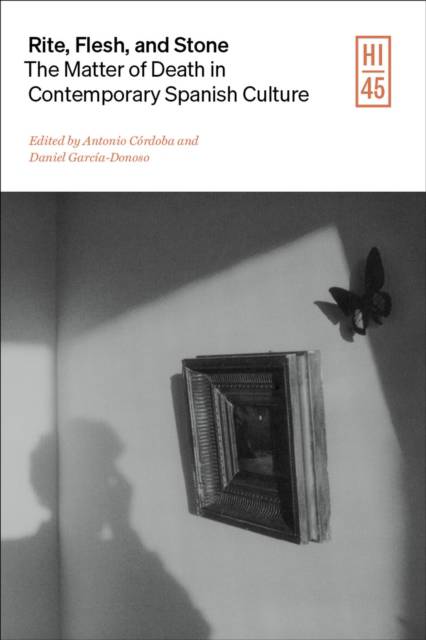
- Retrait gratuit dans votre magasin Club
- 7.000.000 titres dans notre catalogue
- Payer en toute sécurité
- Toujours un magasin près de chez vous
- Retrait gratuit dans votre magasin Club
- 7.000.0000 titres dans notre catalogue
- Payer en toute sécurité
- Toujours un magasin près de chez vous
Rite, Flesh, and Stone
The Matter of Death in Contemporary Spanish Culture
Daniel Garc?¡a-Donoso, Antonio C??rdoba
59,45 €
+ 118 points
Format
Description
Forensic science provides information and data behind the circumstances of a particular death, but it is culture that provides death with meaning. With this in mind, Rite, Flesh, and Stone proposes cultural matters of death as its structuring principle, operating as frames of the expression of mortality within a distinct set of coordinates. The chapters offer original approaches to how human remains are handled in the embodied rituals and social performances of contemporary funeral rites of all kinds; furthermore, they explore how dying flesh and corpses are processed by means of biopolitical technologies and the ethics of (self-)care, and how the vibrant and breathing materiality of the living is transformed into stone and analogous kinds of tangible, empirical presence that engender new cartographies of memory. Each coming from a specific disciplinary perspective, authors in this volume problematize conventional ideas about the place of death in contemporary Western societies and cultures using Spain as a case study. Materials analyzed here--ranging from cinematic and literary fictions, to historical archives and anthropological and ethnographic sources--make explicit a dynamic scenario where actors embody a variety of positions toward death and dying, the political production of mortality, and the commemoration of the dead. Ultimately, the goal of this volume is to chart the complex network in which the disenchantment of death and its reenchantment coexist, and biopolitical control over secularized bodies overlaps with new avatars of the religious and non-theistic desires for memorialization and transcendence.
Spécifications
Parties prenantes
- Auteur(s) :
- Editeur:
Contenu
- Nombre de pages :
- 346
- Langue:
- Anglais
- Collection :
Caractéristiques
- EAN:
- 9780826502186
- Date de parution :
- 15-10-21
- Format:
- Livre broché
- Format numérique:
- Trade paperback (VS)
- Dimensions :
- 152 mm x 229 mm
- Poids :
- 508 g

Les avis
Nous publions uniquement les avis qui respectent les conditions requises. Consultez nos conditions pour les avis.






